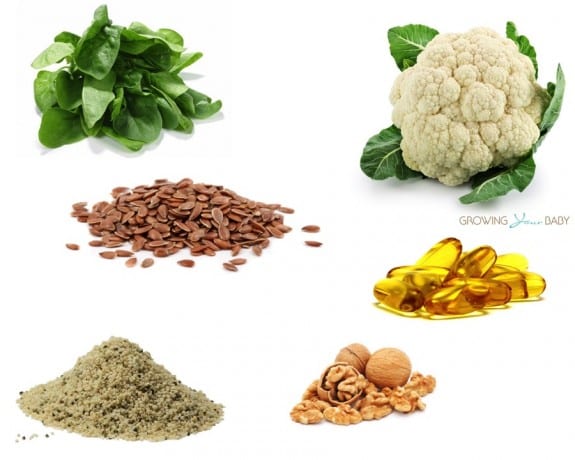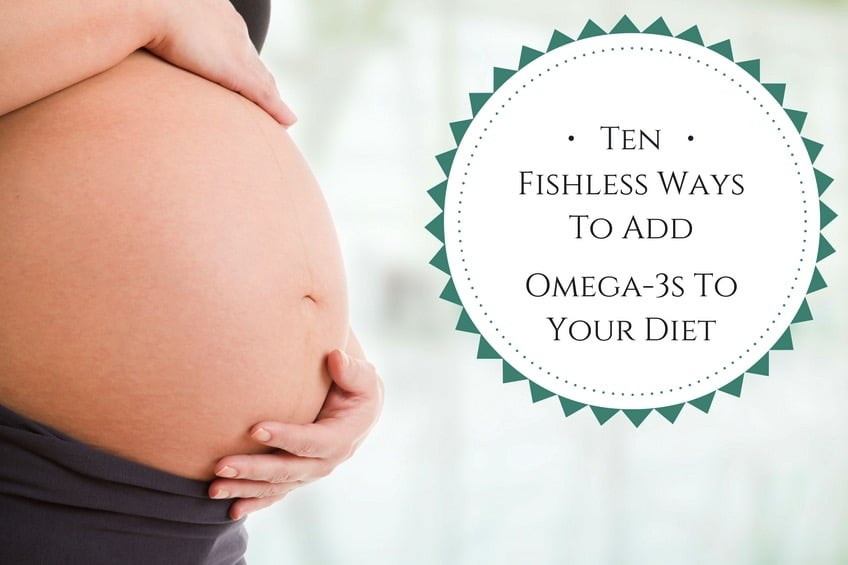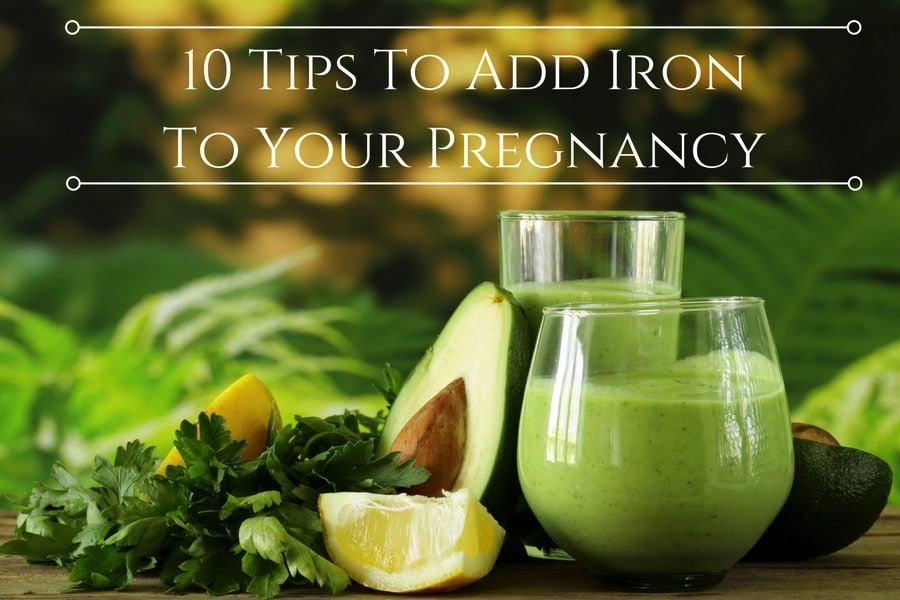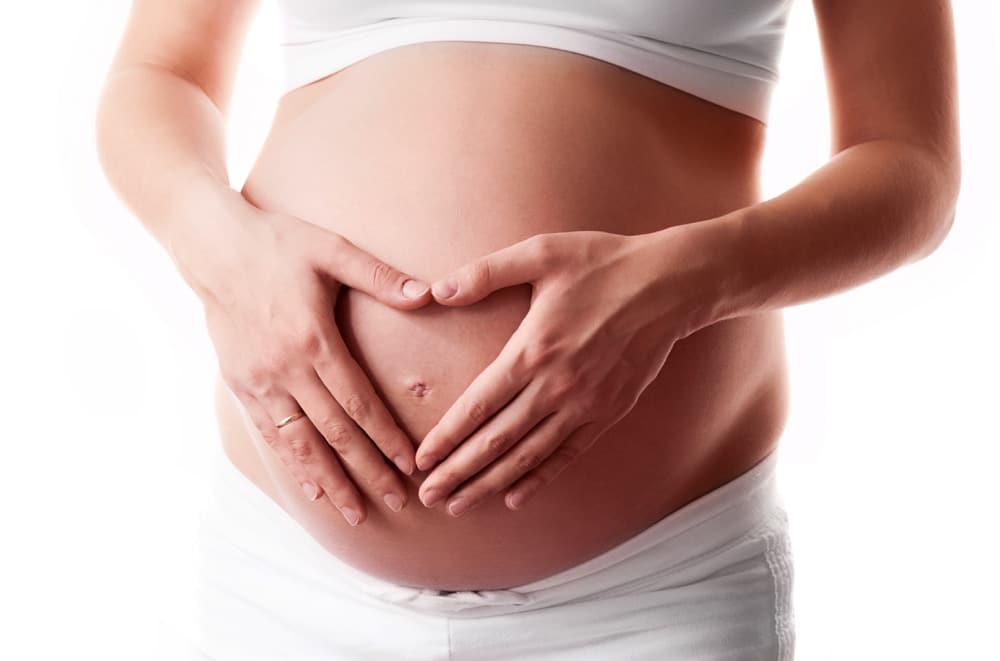Consuming omega-3 fatty acids during pregnancy benefits both the development of the baby, as well as the health of the mother. They have been found to be essential for both neurological and early visual development of the baby and have been shown to prevent pre-term labor and delivery, lower the risk of preeclampsia for moms-to-be.
A study, conducted by the Alberta Pregnancy Outcomes and Nutrition (APrON) looked to find if pregnant moms were consuming enough omega-3 long-chain polyunsaturated fatty acids (omega 3-LCPUFA) to meet current recommendations. Unfortunately, the findings revealed that most of these women were not.
The American Dietetic Association along with Dietitians of Canada recommends that all healthy adults including pregnant and lactating women consume at least 500 mg/day of omega-3 LCPUFA. The European Commission and the International Society for the Study of Fatty Acids and Lipids (ISSFAL) specifically recommend that pregnant and lactating women consume a minimum of 200 mg DHA per day.
For their study APrON looked at 600 women who lived in Edmonton and Calgary. The team found that the majority of participants, despite a high level of education and income, were not meeting these recommendations for omega-3 LCPUFA during pregnancy and lactation.
According to the study: “Only 27% of women during pregnancy and 25% at three months postpartum met the current European Union (EU) consensus recommendation for DHA. Seafood, fish, and seaweed products contributed to 79% of overall n-3 long-chain polyunsaturated fatty acids intake from foods, with the majority from salmon. Results suggest that the majority of women in the cohort were not meeting the EU recommendation for DHA during pregnancy and lactation.”
It was also revealed that women who took a supplement containing DHA were 10.6 and 11.1 times more likely to meet the current EU consensus recommendation for pregnancy and postpartum, respectively.
The results of this also study suggest that nutritional counseling and education about the benefits of a supplement source of LCPUFA should extend beyond pregnancy as 44% percent of the women in the cohort who reported taking a supplement during pregnancy were no longer taking these supplements when breastfeeding at three months postpartum.
I think the biggest issue with this is that for the last 10 years, women have been warned about the dangers of eating fish while pregnant because of mercury exposure, which is where they would get most of their Omega-3s.
There are, however, so great fish alternatives that moms can consume that will help them increase their Omega-3 levels. We have listed 5 below:
1. Walnuts (10623 mg per cup)
2. Flaxseed oil(7196 mg per tablespoon), or seeds(2338 mg per tablespoon)
3. Chia Seeds(4915 mg per ounce)
4. UNCLE SAM CEREAL(3300 mg per cup)
5. Hemp Seeds (3300mg per 3 tablespoons)
Fresh herbs and spices like basil, marjoram, tarragon, spearmint, and cloves also have Omega 3s in them as well!







